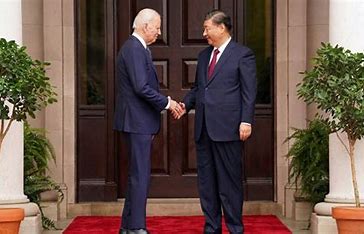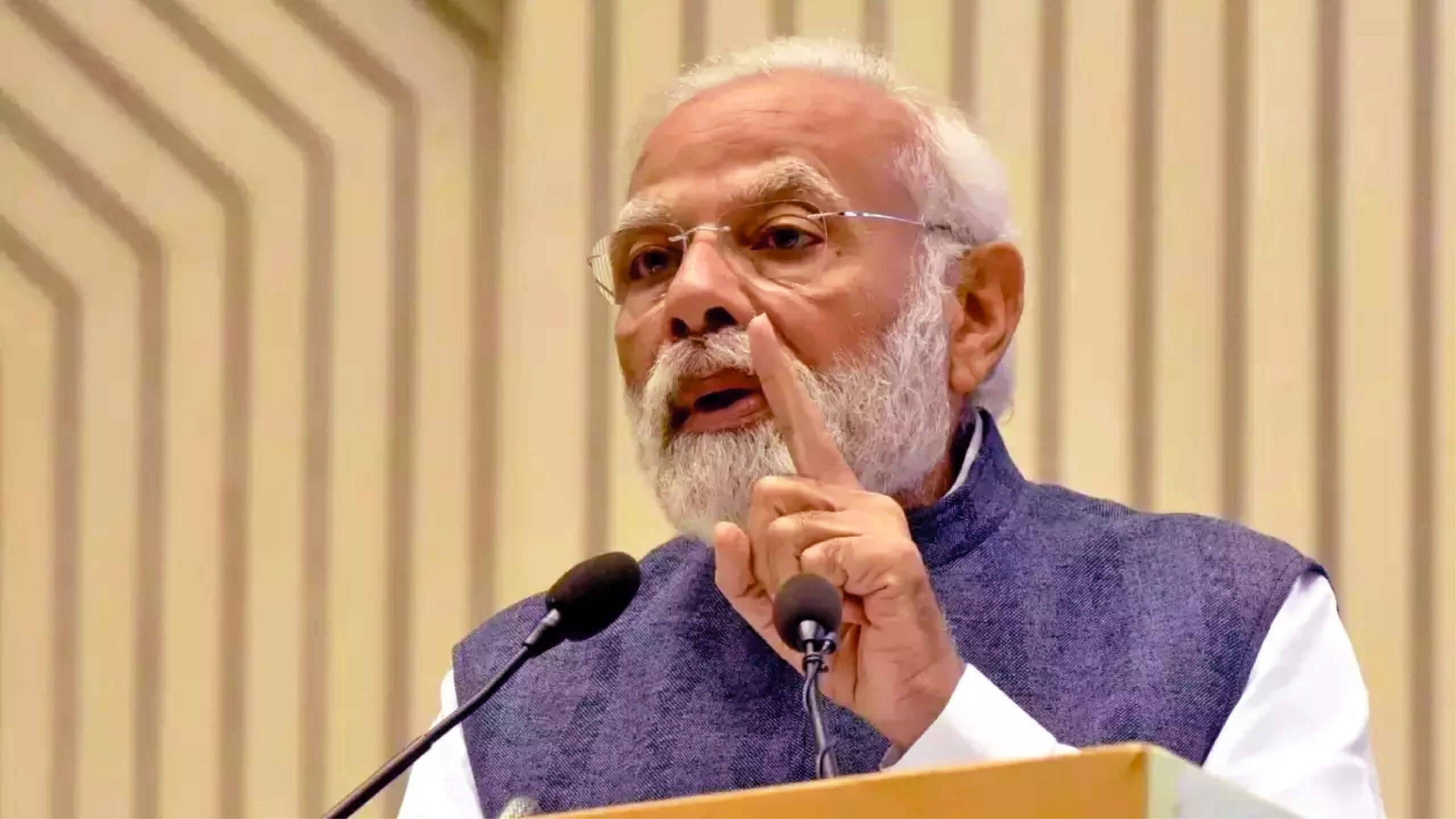
India’s position on terrorism is unequivocal: that terrorism is one of the greatest scourges plaguing the civilised world, that there cannot be any justification for terror, which should be condemned in no uncertain terms. This was at the core of India’s decision to abstain from the UN resolution seeking an immediate ceasefire in Gaza. The resolution was moved by Jordan, which refused to amend it by introducing a sentence condemning Hamas’ terrorism inflicted on the Israeli state on 7 October. Hence, asserting that India made a serious error by not supporting the ceasefire resolution overlooks the core principle underlying India’s decision: a ceasefire cannot be called for when the opposing side is unwilling to cease “fire”, rather “terror” in the case of Hamas. But this is exactly what India’s Opposition is doing, led by the Congress, which is accusing the government of turning India’s foreign policy on its head by coming out in support of Israel and not saying much about the suffering of the Palestinians, when the fact is, India has taken a very nuanced position on the whole crisis. Unlike countries divided on the issue of supporting Israel and Palestine, India is clear that Hamas’ terrorism cannot be condoned, while the Palestine situation needs a two-state solution. India also has been sending aid to the Palestinians. A balanced approach is crucial, as it avoids justifying terrorism while addressing concerns about Israel’s actions. No policy can be cast in stone—immovable and adamant. India’s foreign policy establishment’s pro-Arab tilt was tempered to an extent post 1992, when India and Israel established diplomatic relations. But while ties flourished between these two natural allies, India’s voting at the United Nations has always been heavily tilted in favour of the Palestinians, until the latest abstention. The turnaround may have caused a lot of heartburn among a section of politicians and diplomats, but could India, a sufferer of terrorism, have responded differently when faced with the pure evil that Hamas represents? It would have been morally wrong for India not to speak up against terrorism. A perfunctory condemnation of Hamas terrorism in one paragraph and then listing paragraph after paragraph of Israel’s “crimes” against the Palestinians, as a senior Opposition leader has done in a newspaper article this week, is problematic as it may be seen as justifying Hamas’ terrorism. Given the leader’s seniority in the party hierarchy, it is presumably the party’s stance on the matter.
Let’s be clear: This is not the time and place to indulge in whataboutery. It may be an unpopular opinion among those who are taking out rallies in favour of Palestinians and even the Hamas, but the fact is the Hamas descended on innocent civilians like a bunch of rabid animals with the deliberate intent to obliterate the Jewish population in the most gruesome manner. The crimes they committed were as monstrous as those committed by the Nazis during the Holocaust. As days pass, horrifying news is still coming, including videos that had been shot by the Hamas terrorists themselves. Babies in their crib were decapitated and at least one of them was roasted alive in an oven, as latest news is saying. These are not acts perpetrated by human beings. These are acts of beasts who are embodiments of pure evil. The world needs the courage to say that Hamas is evil and no amount of suffering by the Palestinians justifies what Hamas did on 7 October. A country, a government is sworn to protect its citizens, and it is but obvious that it will respond to such acts of bestiality with all the force at its command. And in this case the enemy is known; in fact, it is advertising its monstrosities on social media. While peace is desirable, can Israel be blamed for pursuing the path it is pursuing? As for the collective punishment of the Palestinians that many are speaking of, didn’t the Hamas think through the consequences of their actions? The fact that all of Hamas’ maze-like tunnels pass through Gaza’s residential neighbourhoods, gives credence to the claim that the terror group hides behind human shields. Or maybe, this is just what the Hamas wanted—a catastrophic Israeli response which results in civilian casualties to a level that hatred on the Arab Street against Israel boils over, thus precluding all possibilities of a rapprochement between the Jewish state and the Arab world. The world may claim it cares for the Palestinians, but the Hamas doesn’t.
As for India’s response, External Affairs Minister S. Jaishankar was categorical, stating, “We will take a strong stance on terrorism because we have been significant victims of this menace. Our credibility would be compromised if we treated terrorism affecting us differently from that which impacts others.” This remarkable candour is a welcome departure from the typical diplomatic ambiguity often associated with India’s foreign policy establishment. A nation’s foreign policy is determined by its values, convictions and interests, and the world over the Opposition’s position is rooted in this national interest. Hence, it is essential for the Opposition not to make matters so one-sided that it raises suspicions of any possible opportunistic use of the Palestinian cause for vote bank considerations. In these troubled times, certain matters should transcend party politics.















